CALL FOR PAPERS: PACIFIC LANGUAGES IN DIASPORA
Guest Editors:
Professor Serge Tcherkezoff (Anthropology, French Institute of Advanced Studies in Social Sciences)
Professor Luafata Simanu-Klutz (Samoan Language and Literature, University of Hawai‘i, Mānoa)
Dr. Akiemi Glenn (Te Taki Tokelau Community Training and Development)
Publication Date: Issue planned for Spring 2017 publication.
Due Date: Paper submissions (up to 5,000 words) due June 1, 2016
Change is native to the world of Epeli Hau‘ofa’s “sea of islands,” where the ocean has historically connected people and served as a thoroughfare for the flow of resources, culture, and ideas. The Pacific is home to the richest linguistic diversity on our planet and yet many of the native languages of the region are under threat and many more have been lost. As the currents of colonization, globalization, and climate change carry Pacific people far beyond their homelands, their languages travel with them into new physical and cultural spaces. In a region steeped in cultural histories of voyaging, exploration, adaptation, and population movement, how do Pacific Island languages and their speakers respond to present transformations of their social and physical environments? For diasporic communities, what is the value of holding on to ancestral languages in new lands? In the midst of change, is language a beacon that draws communities together to conserve their heritage or is it a malleable tool for way finding and creating new identities?
This special issue of Amerasia Journal invites papers that investigate the contemporary diasporas of the Pacific Islands through the lens of language. We welcome work that delves into the relationships between language and geography; language and identity; language change and history; cultural particularity and culture sharing; language, communication, and media technology; language in education; the influence of cultural institutions such as language revitalization programs and churches; language in the family; language and climate change; and the transmission of traditional knowledge. We seek scholarship that highlights the diversity of Pacific Islander diasporic communities, the heterogeneous experiences of the children of migrants and their elders, contact between Pacific languages, the negotiations of hybrid identities, innovations in art, social networking, and politics. We encourage the submission of interdisciplinary and accessible writings that may be adopted for courses in Asian American Studies, American Studies, American Indian Studies, Asian Studies, Critical Ethnic Studies, and Pacific Islands Studies.
Submission Guidelines and Review Process
The guest editors, in consultation with Amerasia Journal editors and peer reviewers, make decisions on the final essays:
• Initial review of submitted papers by guest editors and Amerasia Journal editorial staff
• Papers approved by editors will undergo blind peer review
• Revision of accepted peer-reviewed papers and final submission
This special issue seeks papers of approximately 5,000 words in length. All correspondence should refer to “Amerasia Journal Pacific Languages Issue” in the subject line. Please send correspondence and papers to Dr. Arnold Pan, Associate Editor: arnoldpan@ucla.edu.

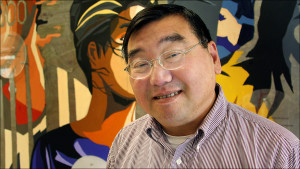
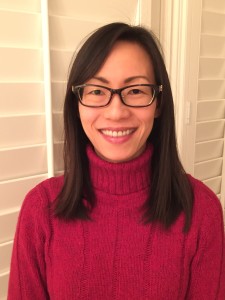 Ms. Kozen is currently a Ph.D. candidate whose dissertation research examines attempts at governmental redress for Japanese Latin Americans forcibly brought to U.S. concentration camps during World War II. Her winning essay explores how the politics of history, memory, and redress concerning the Japanese Latin American case demands a rethinking of Japanese American internment as primarily a constitutional and civil rights violation.
Ms. Kozen is currently a Ph.D. candidate whose dissertation research examines attempts at governmental redress for Japanese Latin Americans forcibly brought to U.S. concentration camps during World War II. Her winning essay explores how the politics of history, memory, and redress concerning the Japanese Latin American case demands a rethinking of Japanese American internment as primarily a constitutional and civil rights violation.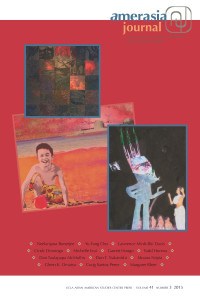
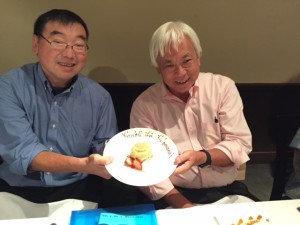
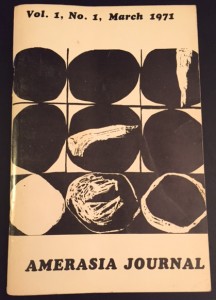
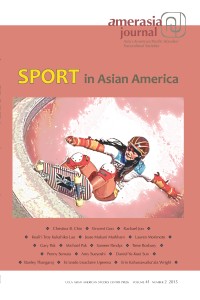

 Amerasia on Facebook!
Amerasia on Facebook!